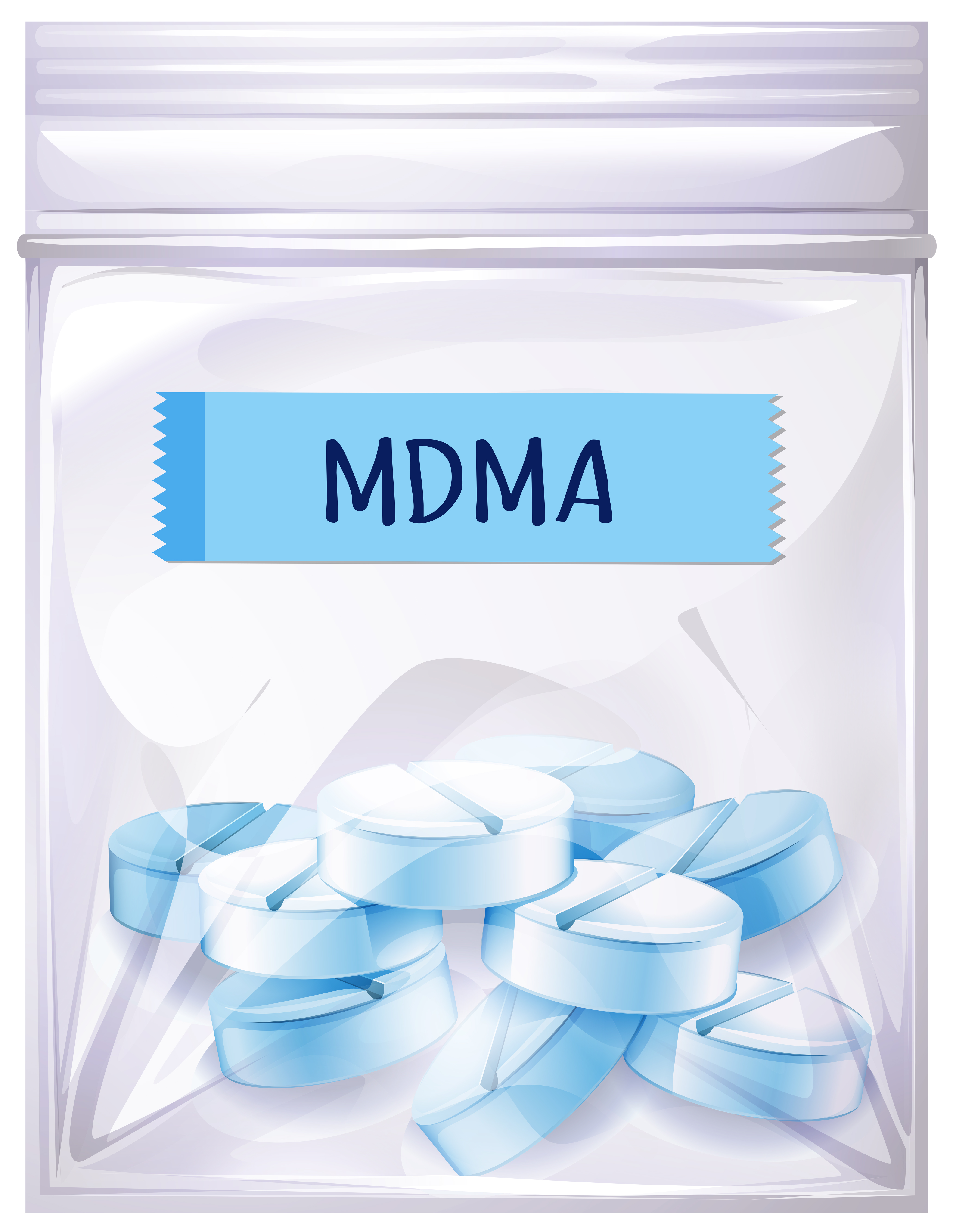MDMA's Potential for PTSD Treatment
Post-Traumatic Stress Disorder (PTSD) is a debilitating mental health condition that affects millions of people worldwide. Those who suffer from PTSD often endure distressing symptoms like flashbacks, nightmares, anxiety, and emotional numbness, which can significantly impact their quality of life. Traditional treatments such as therapy and medication have had varying degrees of success, leaving many individuals searching for alternative solutions. One promising avenue of research in recent years has been the use of MDMA, commonly known as ecstasy or Molly, in the treatment of PTSD.
The History of MDMA as a Treatment

MDMA is a synthetic compound that alters mood and perception, creating feelings of increased empathy and emotional closeness. While it has a long history as a recreational drug, it also gained attention for its potential therapeutic benefits in the 1970s. However, due to its abuse potential and association with illegal rave culture, it was classified as a Schedule I substance in the United States in 1985, effectively banning its use in medical research and treatment.
Despite the legal hurdles, scientists and researchers continued to investigate the potential of MDMA as a tool for treating PTSD. In recent years, the results of clinical trials have been nothing short of groundbreaking.
MDMA-Assisted Psychotherapy
MDMA-assisted psychotherapy is a novel approach that combines the administration of MDMA with traditional therapy techniques. The drug is administered in a controlled and supervised setting, typically during sessions that last several hours. The goal of this treatment is to facilitate deeper introspection and emotional processing of traumatic experiences while under the influence of the drug's effects.
Studies have shown that MDMA can help individuals with PTSD by reducing fear and defensiveness, increasing trust, and enhancing communication with therapists. This allows patients to confront their traumatic memories and work through them in a more productive and less distressing manner. It's important to note that MDMA-assisted therapy is not a standalone treatment but is always administered in conjunction with psychotherapy sessions, both before and after the MDMA experience.
Positive Research Findings
The results of clinical trials investigating MDMA's potential for PTSD treatment have been highly encouraging. In fact, the U.S. Food and Drug Administration (FDA) has granted MDMA-assisted psychotherapy "Breakthrough Therapy" status, recognizing its potential to address an unmet medical need.
In one of the phase 3 clinical trials, conducted by the Multidisciplinary Association for Psychedelic Studies (MAPS), participants with severe PTSD who received MDMA-assisted therapy experienced significant reductions in their symptoms. This progress was sustained months after the treatment had concluded, indicating the possibility of long-lasting benefits.
Looking to the Future
While MDMA-assisted psychotherapy shows immense promise, it's important to recognize that further research is necessary to fully understand its long-term safety and effectiveness. Ongoing studies are essential for refining treatment protocols, identifying potential risks, and ensuring that this therapy option remains safe and accessible for those who could benefit from it.
As discussions around the therapeutic use of MDMA continue, it's important for individuals seeking treatment for PTSD to consult with qualified mental health professionals and participate in research programs conducted by reputable organizations. Always prioritize your safety and well-being when exploring alternative treatment options.
Conclusion
MDMA's potential for treating PTSD represents a significant breakthrough in the field of mental health. While there is still much to learn and understand about its long-term effects, the initial results from clinical trials are promising. MDMA-assisted psychotherapy has the potential to provide relief to those who have not responded to traditional treatments, offering hope to individuals living with the debilitating effects of PTSD.
If you or someone you know is considering MDMA-assisted therapy for PTSD, it's crucial to seek guidance from qualified healthcare professionals and participate in legitimate research studies. Always prioritize safety and ensure that any treatments involving controlled substances are conducted legally and ethically.
Note: The use of MDMA for any purpose should only be considered within the context of legal and supervised therapeutic settings. We do not endorse or encourage the use of MDMA for recreational or self-medication purposes. For more information on legitimate and safe sources of MDMA, you can visit buymdmaonline.co.